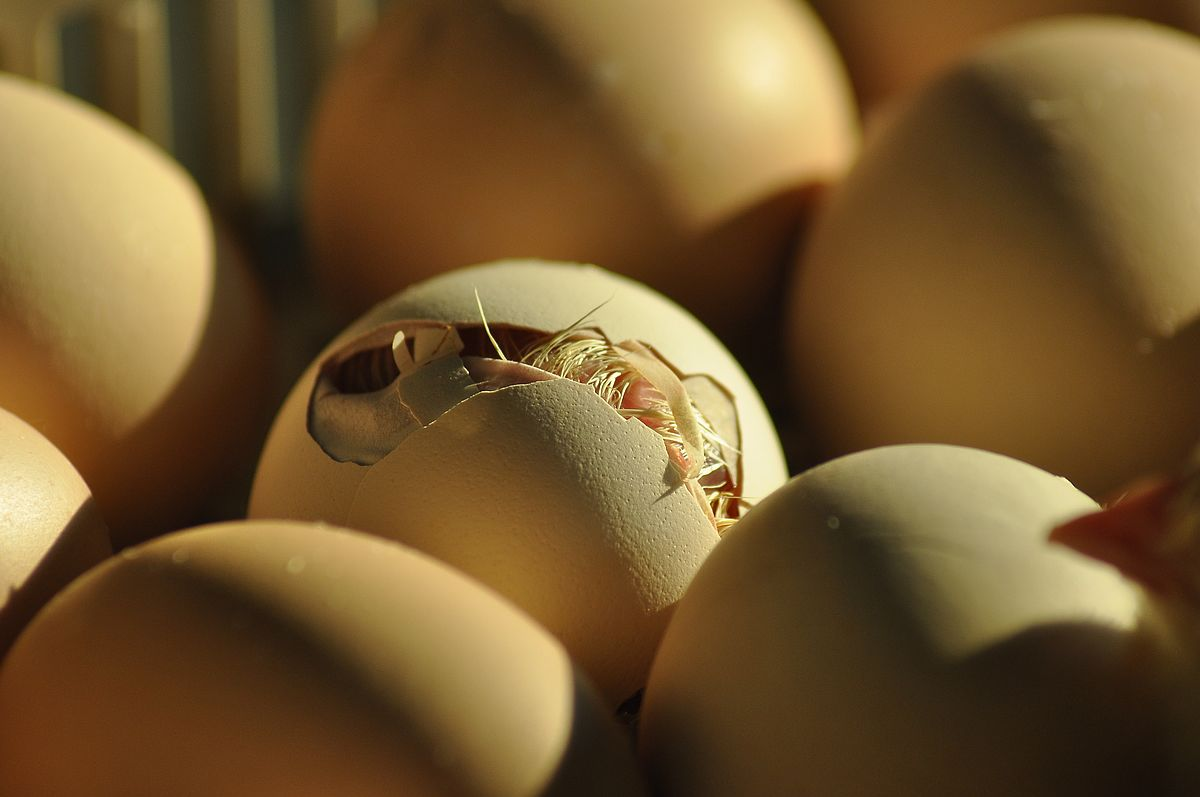The process of hatching eggs is a fascinating and delicate process. Whether you’re awaiting the birth of your beloved pet bird or managing a farm full of chickens, the 21-day incubation period is a crucial time. But what if the egg doesn’t hatch after 21 days? Let’s explore various scenarios.
First, it is important to understand that there are several factors that affect the incubation process. The most common reason eggs don’t hatch within 21 days is that they are not fertilized. In this case, the eggs will simply rot without producing any chicks. This can be disappointing, especially for those eagerly anticipating the newcomers. However, this is a natural part of the process and can occur even under the best of conditions.
Another reason why eggs fail to hatch within the 21-day period is that the conditions required for successful hatching are not met. This may include temperature, humidity or ventilation issues. If the eggs are not kept at the ideal temperature of around 99.5 degrees Fahrenheit, they may not develop properly. Likewise, if humidity levels are not maintained at the recommended 40-50%, the eggs may not be able to exchange gases efficiently and undergo the changes necessary for hatching.
In some cases, the eggs may have been fertilized and hatched in optimal conditions, but for some reason the chicks did not develop at all. This may be due to a genetic abnormality or other underlying problem that prevents the embryo from developing properly. While this can be frustrating, it’s important to remember that this is a natural part of the process and doesn’t necessarily indicate anything preventable.
If the egg does not hatch within 21 days, be sure to examine the egg carefully to determine why. This may involve checking for signs of fertility, such as rings or veins, and any signs of development that may be occurring. By doing this, you may be able to pinpoint any issues that arise during the incubation process and make adjustments for future attempts.
For those who raise birds or manage a farm, it is important to remember that not all eggs will hatch and this is completely normal. It’s also worth considering factors such as the age and health of the breeding birds and the quality of the eggs themselves. By carefully monitoring and maintaining optimal hatching conditions, you can increase your chances of successful hatching, but there are no guarantees.
All in all, the process of hatching eggs can be both rewarding and challenging. It may be disappointing if the eggs do not hatch within the 21 day period, but it is important to remember that there are many factors that may contribute to this outcome. Whether the egg is not fertilized, the conditions for incubation are not met, or the embryo simply does not develop the way it should, this is a natural part of the process. By carefully inspecting the eggs and making adjustments as needed, you can increase your chances of successful hatching in the future.
https://www.incubatoregg.com/ Email: Ivy@ncedward.com
Post time: Jan-26-2024





